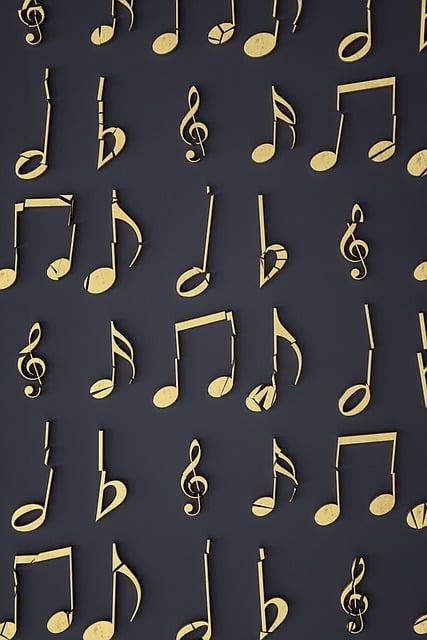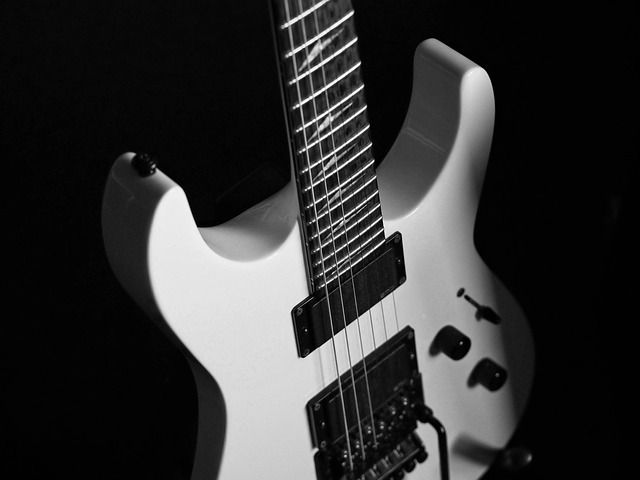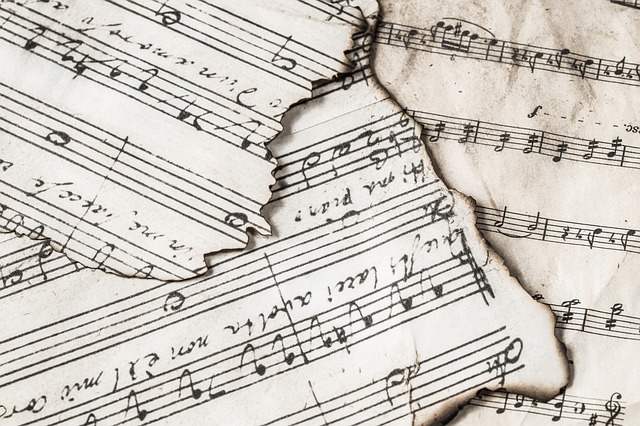AI integration in music creation has revolutionized the industry, offering unprecedented opportunities for both established and aspiring artists. AI tools generate melodies, compose harmonies, and create entire songs, breaking artistic barriers and enabling musicians to focus on performance and emotional expression. These technologies are accessible, fostering a new wave of creativity by demystifying production techniques and providing unique sounds. AI models analyze vast music datasets to generate novel compositions, inspiring exploration across genres. As AI evolves, it aims to become an essential partner for musicians, unlocking sonic possibilities while raising ethical concerns regarding originality and data privacy, which require guidelines for a balanced future.
“Discover the future of music creation with our comprehensive blog dedicated to AI musicians and their innovative tools. From the rise of AI in music production to in-depth guides on understanding these technologies, we explore how artificial intelligence is unlocking new creative possibilities for musicians. Learn about enhancing musical expression, streamlining workflows, and ethical considerations shaping the industry’s future. Dive into this essential resource for AI musicians seeking to stay ahead.”
- The Rise of AI in Music Creation: Unlocking New Possibilities for AI Musicians
- Understanding AI Music Tools: A Comprehensive Guide for Creative Professionals
- Enhancing Musical Expression: How AI Can Assist and Inspire Musicians
- Streamlining Production Processes: Efficient Workflows with AI Technology
- Ethical Considerations: Navigating the Future of AI in the Music Industry
The Rise of AI in Music Creation: Unlocking New Possibilities for AI Musicians

The integration of Artificial Intelligence (AI) into music creation has sparked a new era of possibilities for both seasoned musicians and aspiring artists alike. AI musicians are no longer a concept confined to science fiction; they are an emerging reality that is reshaping the musical landscape. These advanced tools can generate melodies, compose harmonies, and even create entire songs, offering a vast array of creative opportunities. With AI’s ability to learn from vast datasets, it can mimic human musical styles, enabling composers to explore diverse genres and experiment with innovative sounds.
The rise of AI in music production provides an unprecedented level of accessibility for artists. It allows musicians to streamline their creative process, break through artistic blocks, and push the boundaries of what’s possible. From generating initial drafts to refining compositions, AI tools offer a collaborative partner that understands musical theory and can adapt to individual preferences. This technology empowers ai musicians to focus on performance and emotional expression while leveraging AI for technical aspects, ultimately fostering a new wave of artistic exploration and creativity.
Understanding AI Music Tools: A Comprehensive Guide for Creative Professionals

AI music tools are transforming the creative landscape for musicians and producers, offering unprecedented access to innovative production techniques and sounds. These tools leverage advanced algorithms to generate melodies, harmonies, and entire compositions, pushing the boundaries of what’s possible in music creation. For ai musicians, understanding these technologies is crucial to harnessing their potential and staying at the forefront of the industry.
A comprehensive guide for creative professionals should delve into the intricacies of AI music generation, exploring various techniques like neural networks, machine learning models, and data-driven composition. It should also outline different tool categories, from automated chord progressions and loop generation to full-fledged AI composers capable of creating complex arrangements. By demystifying these tools, musicians can learn to integrate them seamlessly into their workflows, fostering creativity and pushing the envelope of musical expression in unprecedented ways.
Enhancing Musical Expression: How AI Can Assist and Inspire Musicians

AI music tools are transforming the creative landscape for musicians and producers, offering unprecedented opportunities for enhancing musical expression. These intelligent algorithms can analyze vast datasets of existing music to generate novel sounds, harmonies, and even entire compositions. By learning from diverse styles and genres, AI models can inspire musicians to explore new directions and push artistic boundaries.
For instance, AI musicians can assist in composing melodies by suggesting alternative progressions or generating harmonically rich textures, freeing up human creators to focus on lyrical content or emotional depth. Moreover, these tools can adapt to individual preferences, providing personalized feedback and creative prompts that foster experimentation and innovation. As AI continues to evolve, it promises to become an indispensable partner for musicians, unlocking new realms of sonic exploration and artistic expression.
Streamlining Production Processes: Efficient Workflows with AI Technology

In the fast-paced world of music production, every second counts for ai musicians. AI technology is revolutionizing workflows, offering tools that streamline tasks from composition to mixing. These advanced algorithms can analyze vast amounts of musical data in seconds, providing insights and suggestions that would otherwise take hours or days to uncover.
For example, AI-powered music generation tools can compose melodies, harmonize chords, and even create full arrangements based on a few input parameters, freeing up ai musicians to focus on creative aspects like lyrics and overall vision. Additionally, AI mixing and mastering tools use machine learning to optimize audio quality, ensuring a polished final product that cuts through the noise in today’s competitive music landscape.
Ethical Considerations: Navigating the Future of AI in the Music Industry

As AI continues to permeate various industries, its role in music production and composition has sparked both excitement and ethical debates among ai musicians. While these tools offer unprecedented creative opportunities, from generating melodies to enhancing sound design, there are nuanced moral considerations to address. For instance, concerns arise around artistic originality, authorship, and the potential devaluation of human creativity. As AI algorithms learn from existing music, there’s a delicate balance between leveraging their capabilities for inspiration and ensuring that the final product retains a distinct human touch.
Moreover, issues of consent and data privacy are paramount. Ai musicians must be mindful of how personal musical styles and preferences are collected, used, and shared by AI systems. As the industry navigates this digital evolution, establishing guidelines and regulations is crucial to protect both creators’ rights and consumers’ expectations, ensuring a harmonious and ethical future for music generated with artificial intelligence.
The blog has explored the transformative potential of Artificial Intelligence (AI) for music creation, from empowering AI musicians to enhancing production processes. We’ve delved into the various AI music tools available, their benefits, and how they can unlock new creative frontiers. As we move forward, it’s crucial to balance the excitement with ethical considerations, ensuring a responsible and inclusive future for AI in the music industry, fostering innovation while preserving artistic integrity. The journey of AI musicians is just beginning, promising exciting developments that could redefine the way we create and experience music.
